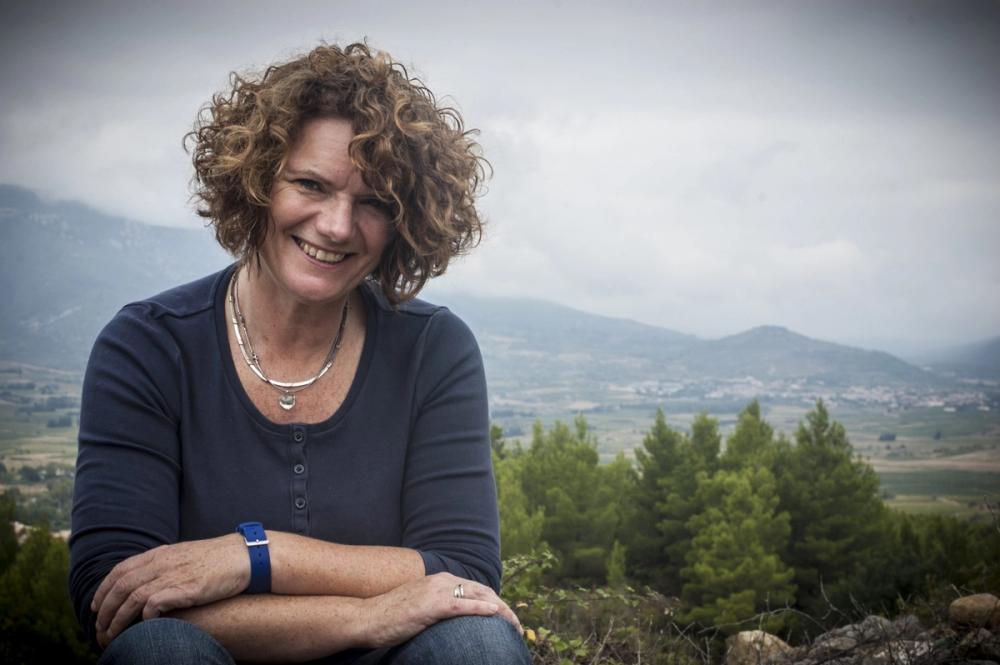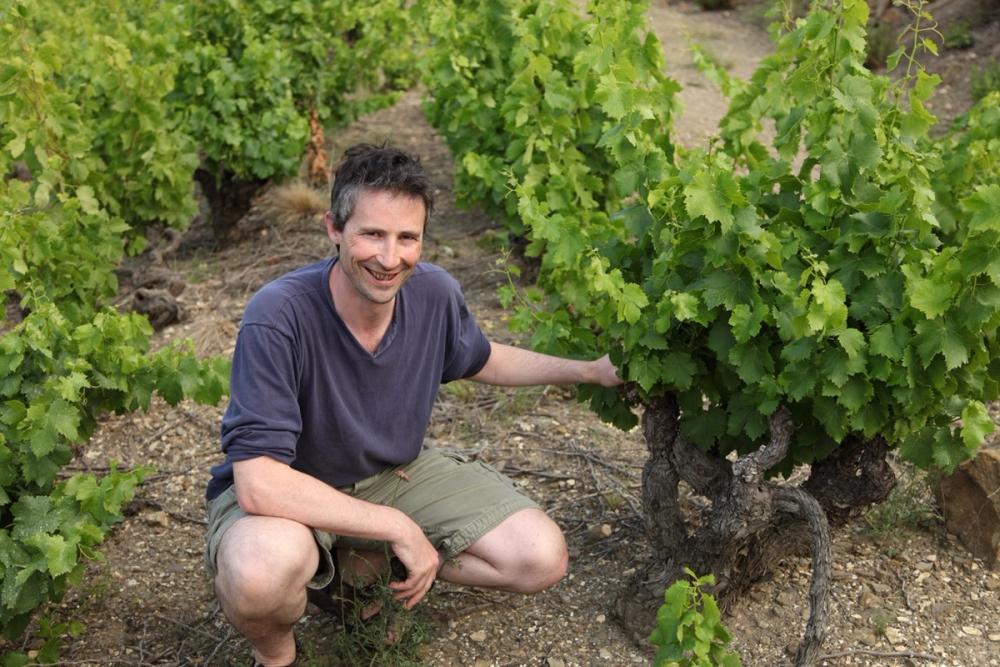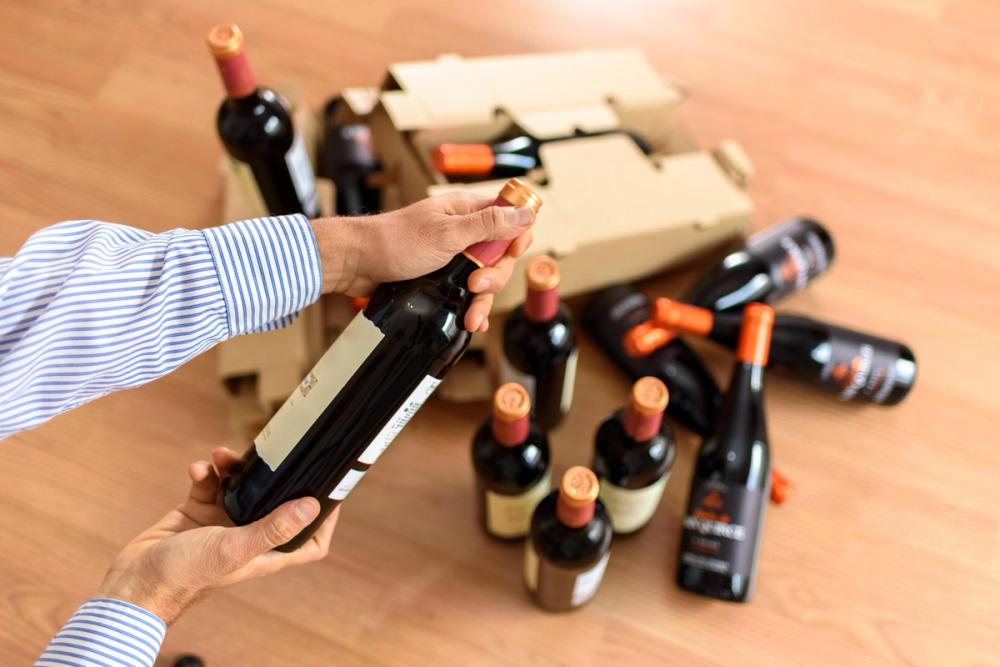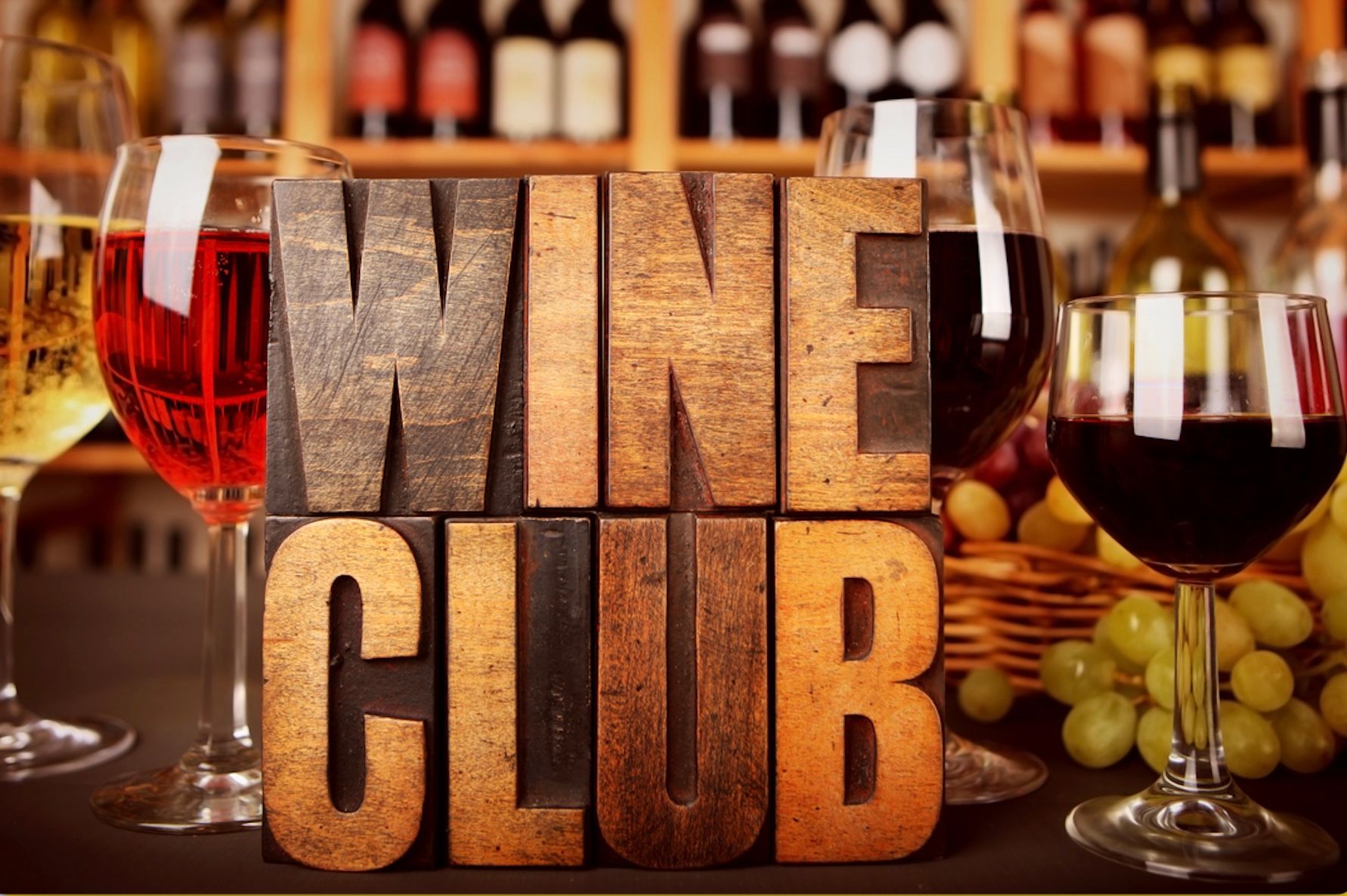Tell us about Marzipan and what you are looking to offer wine companies?
Marzipan is a subscription commerce SaaS solution for wineries. The mission is to make selling direct-to-consumer and managing subscriptions/wine clubs as easy as possible without costing the earth. We understand that wineries need specialised tools that cater to their unique business model, particularly around subscription services and customer relationship management.
What is your point of difference vs other more established CRM systems that companies can use?

We are a UK based business hosting data in the EU which ensures data sovereignty and regulatory compliance. Unlike dealing with a faceless mega corporation, wineries get to work with a company that genuinely cares about their success - Marzipan is only successful if our customers are.
Our pricing is fair and transparent - we are not the cheapest but we are far from the most expensive and we are not trying to make money at every opportunity (e.g. American competitors who charge a monthly fee + per transaction percentage).
Customer's pay one monthly fee based on their revenue. Also, at this stage of development especially, customers have a real say in how we develop new features and what those features are. Lastly, and this ties into caring about the wineries that do and will use us, is that I am in this for the long haul. I want Marzipan to be a partner to the wineries we work with and not a fly by night.
Why did you want to get involved in the wine and drinks industry and develop a bespoke CRM system for the sector?
This goes back my The Gin Parlour days. I had not long come out of being involved in an online estate agent startup and was feeling pretty burned out and wanted a different challenge and I thought about things I loved and gin was one of those things.
As I was building The Gin Parlour I knew I didn't want to use an existing ecommerce solutions as they weren't going to do exactly what I wanted without a lot of work - the amount of work that I might as well build exactly what I wanted in the same amount of time. When The Gin Parlour came to an end I knew I didn't want to waste what I had built and learned but didn't really know what to do with it.

Domaine Jones' Katie Jones has worked closely with Adam Wood and Marzipan to develop a bespoke DTC platform for her business
The real catalyst was when Katie Jones of Domaine Jones became a client, whom I met via Jen Pfeiffer - another Naked Wines winemaker. When Katie wanted to start her old vine adoption scheme I knew her current set up wouldn't cut it and I knew that there needed to be something better than WooCommerce or Shopify for wineries.
I pitched to her that she let me entirely rebuild her site powered by new software so that she had something that actually worked for her. Fortunately she said yes.
Does the wine and drinks sector have more complexity and issues to handle when it comes to DTC and online sales vs other sectors you have worked in?
Yes and no. At its core, selling online is selling online, and subscriptions are subscriptions. However, the wine/drinks sector does have some things that set it apart. Limited couriers that will handle alcohol, duty and fulfilment create additional complexities - if you are not storing in a bonded warehouse, wineries have to pay duty in lump sums, which is why our LCB integration is so valuable.
Age verification requirements are essential for alcohol sales and I suspect that there will be follow up legislation to the online safety act on how businesses verify a customers age for online age restricted sales (for example those very annoying "I'm over 18/21" popups aren't in anyway legally compliant).
We don't currently support age verification tech but we have spoken to a partner about how that will work. Perhaps most significantly, many wine clubs operate with unique subscription models, often manually and annually, which doesn't fit the now-ubiquitous standard subscription approach that subscription software or plugins will give you, or the very simple recurring model some ecommerce platforms will support.
What lessons have you learnt from The Gin Parlour that you have been able to apply to Marzipan?
I was quite a big gin drinker back then and I just thought gin is getting really popular and there are so many of them why isn't there a Whisky Exchange or Master of Malt for gin? There wasn't so I built it.
Probably the biggest learning curve I have had running a business. The things I can apply to Marzipan - customer service is key, understanding your customer, how you market to them and interact with them online, to be genuine.
From an app point of view everything that frustrated me I have tried to ensure doesn't exist in Marzipan - from the app being as simple to use as possible to the checkout flow being as streamlined as possible to reduce drop outs whilst doing everything it needs to. It also means I have a great appreciation for running an ecommerce business and the demands outside the "selling online" part. We did our own fulfilment at The Gin Parlour so we had a picking screen to streamline that.
How have you developed Marzipan and what additional services have you been able to include based on the needs of your customers?

Justin Howard-Sneyd is a big supporter of what Marzipan is trying to do and has worked closely with Adam Wood to develop a DTC platform that he believes would be of great benefit to all drinks businesses - particulary wine producers looking to sell direct
Initially I developed Marzipan based on what I had in place for The Gin Parlour, which was heavily updated during its lifetime and on detailed competitor research. As much possible now, and for the long term, development is iterative and takes a customer first approach, listening to their needs and ensuring that new features are solving real problems.
We've added an EU labelling app (labls.io) to help with the EU labelling requirements and the LCB integration to streamline fulfilment processes.
In terms of managing the club aspect of DTC sites - what are the key things businesses need to get right in terms of how they manage their customers’ relationships?
There are two fundamental points: communication and freedom. Communuciation is absolutely key - not just around keeping them informed on their club/subscriptions, new shipments, releases, etc, but also to write personal and engaging communication.
I have a pithy sales line somewhere which basically says to use Marzipan is to bring the warmth of your cellar door online. Both Katie and Justin are great at this. And by freedom I mean giving customers control of their club/subscription. Don't be afraid of adding a cancel or skip button, make it easy for them as it makes them feel like they are trusted and in control.
What do you do to help with customer segmentation and building relationships with club members?
Our subscription packages are extremely flexible and support different types of subscription and club setups. We enable subscriber-specific pricing on other products, discounts based on subscriber status, easy pause and skip shipment functionality, and simple cancellation processes.
We are also planning enhanced integrations with Mailchimp and Klaviyo to help wineries effectively segment their Marzipan data and create specific audiences for targeted email campaigns. Additionally, we're looking at SMS integration for reminders, updates, and upsells.
How do you see the platform developing in terms of what else you would like to offer?

Marzipan has been developed to specifically help wineries build their wine club sales
I want a better reporting and analytics section to provide more detailed insights into customer behaviour and winery performance, along with enhanced segmentation capabilities for more sophisticated customer profiling.
Looking at appropriate AI integration, possibly self-hosted and privacy-first, to help with customer segmentation and insights but I don't want to rush into AI for the sake of AI.
I am also exploring how to best make Marizpan a customer data platform (CDP) so it can become the single source of truth for wineries' customer data, allowing them to build truly comprehensive customer profiles. Point of sale and POS integrations are planned to connect online and offline sales. The ultimate vision is "from cellar to cart" - creating a complete one-stop solution for wineries.
You are now working with LCB as well to integrate that into the platform - what difference has that made?
I think the LCB integration has been transformational, at least for Justin at Domaine of the Bee, and I think it's a really good addition to have to Marzipan. It really simplifies the fulfilment process for wineries - pretty much set and forget- and frees up the significant amount of time that was previously being spent on manual fulfilment tasks.
Taking that away means that their focus can be on some of the many other important things they need to do (like making great wine!).
What are the key questions a business needs to ask itself when looking to invest in a DTC support platform like Marzipan to get the best solution?
By no means is this an exhaustive list, nor is it Marzipan specific, but these are the key things I would be asking:
Where's the company located and where do they store your data?
Is the company GDPR compliant?
What's the real cost to use (not just the headline or perceived cost)?
Is the data yours and do they use it for anything other than providing the service?
Will they help onboard you?
Am I willing to spend the time to get setup and use the platform?
What are some of the biggest mistakes companies can make in this area?
Choosing an option based on price alone, as the apparent cheapest option often costs more. Not considering data ownership properly, getting locked into platforms where they can't easily export their customer data. Failure to plan for growth, selecting solutions that don't scale with their business. Overlooking the customer experience (is the company responsive to support and feedback requests).
- To find out more about Marzipan and what it can do go to its website here.
- In part two of The Buyer analysis into Marzipan and what it can offer we interview Domaine of the Bee’s Justin Howard-Sneyd who explains how important it has become for its business.






























